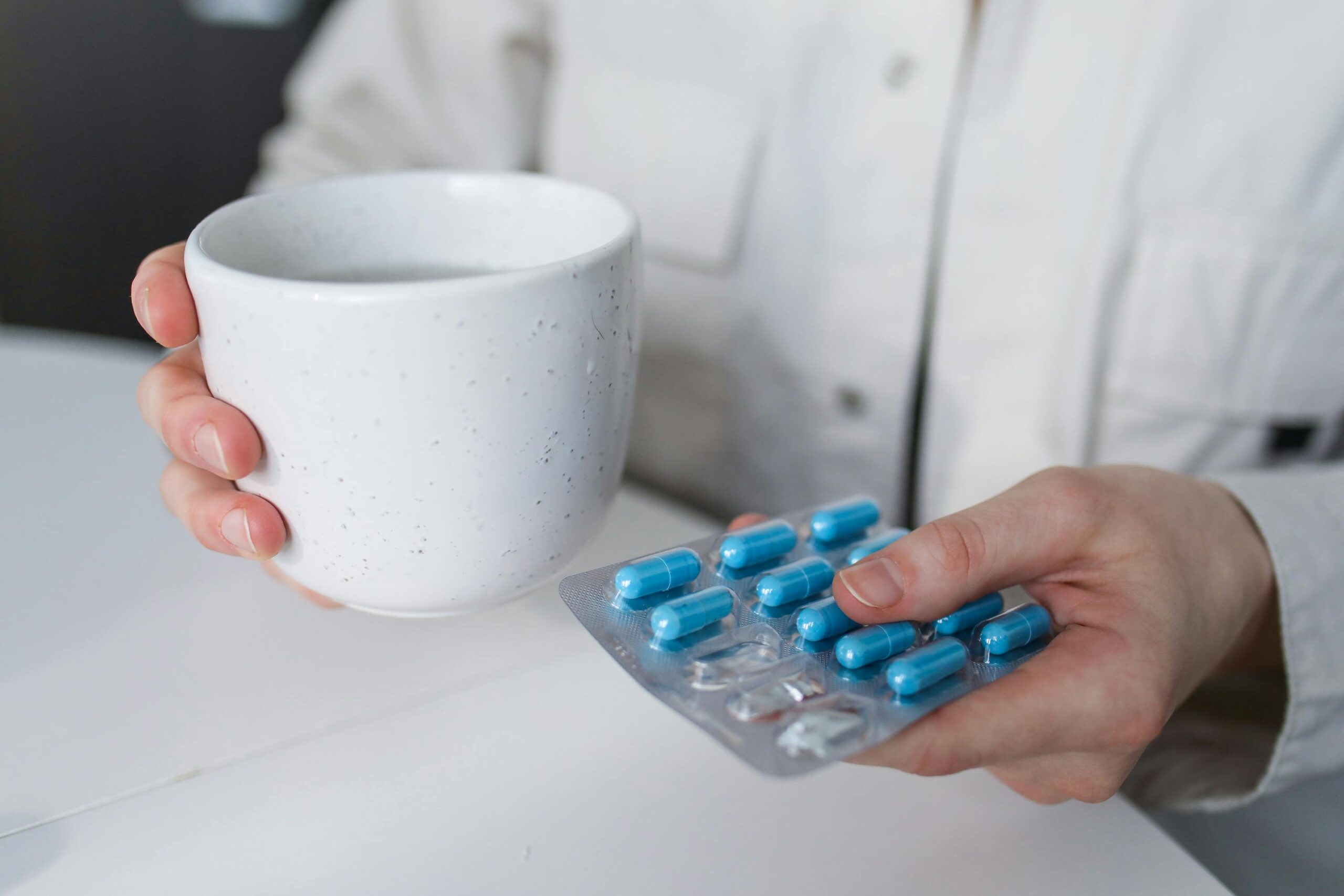-
2551 San Ramon Valley Blvd, Suite 112 San Ramon, CA 94583
- 925.830.4631
- 925.830.0125

The journey through menopause brings inevitable changes, with vaginal dryness standing out as a frequent and challenging symptom. This condition affects countless women, leading to discomfort, irritation, and even pain that can disrupt daily life and intimacy. While hormone replacement therapy (HRT) has been a standard solution for this issue, some women are hesitant to use hormones or may be contraindicated from doing so. For those looking for alternatives, compounded zinc sulfate has emerged as a promising non-hormonal option. Zinc, a vital mineral, plays multiple roles in supporting vaginal health and can be especially beneficial for women in this phase of life.
Benefits of Zinc Sulfate for Vaginal Health
Zinc sulfate doesn’t just help alleviate dryness; it addresses a range of symptoms associated with vaginal atrophy, including burning, itching, and dyspareunia (painful intercourse). Zinc is known for its wound-healing and anti-inflammatory properties, which contribute to reducing irritation and soothing sensitive tissue. When compounded as a water-based vaginal gel, zinc acts as a humectant, binding with water molecules to provide long-lasting hydration in the vaginal area. This unique hydration effect, combined with zinc’s role in elastin production, helps maintain the tissue’s flexibility and resilience.
Enhancing the Vaginal Environment with Lactic Acid
To further improve the efficacy of zinc sulfate, compounding pharmacists may add lactic acid. Lactic acid serves to lower the vaginal pH to an ideal acidic level, which is essential for maintaining a healthy microbial environment. This acidic environment is necessary to inhibit the growth of harmful bacteria and yeast, reducing the risk of infections and inflammation. The combination of zinc and lactic acid not only helps with hydration but also supports the restoration of the natural balance within the vaginal ecosystem. This added benefit makes compounded zinc a comprehensive solution for vaginal health.
Supporting Collagen Production and Immune Function
Zinc plays a crucial role in collagen synthesis, which is fundamental for the maintenance of healthy tissue structure. Collagen is the main protein in connective tissues, and its production decreases with age, leading to thinner and more fragile vaginal tissue in postmenopausal women. By supporting collagen synthesis, zinc helps restore strength and elasticity to the vaginal walls. Additionally, zinc is vital for immune function, and its presence in the gel aids in maintaining a strong barrier against pathogens, protecting sensitive tissue from infections and promoting overall tissue repair.
Dosage and Safety Considerations
For those considering zinc sulfate as a treatment option, a standard recommended dosage is 2 grams of a 3.23 mg/gm zinc sulfate gel applied vaginally daily for two weeks. Clinical observations suggest that this dosage is generally effective, with side effects rarely reported. This makes zinc gel an appealing alternative for women who prefer a non-hormonal option or those who may experience side effects from hormone therapy. However, as with any treatment, consultation with a healthcare provider or compounding pharmacist is advisable to ensure the therapy aligns with individual needs and health profiles.
Empowering Women with More Choices for Menopausal Health
With the advent of compounded zinc sulfate, women now have access to a well-tolerated, non-hormonal treatment option for managing menopausal vaginal dryness and associated symptoms. This alternative empowers women who may wish to avoid hormone-based therapies or seek additional benefits for their vaginal health. As compounding pharmacists, we are committed to developing and refining therapies that address individual needs and provide the highest level of care. Whether for temporary relief or long-term use, compounded zinc sulfate offers a solution that prioritizes both comfort and health.
The content provided on this blog is for informational purposes only and should not be considered medical advice. Always consult with your physician regarding any questions or concerns you may have about your health.

